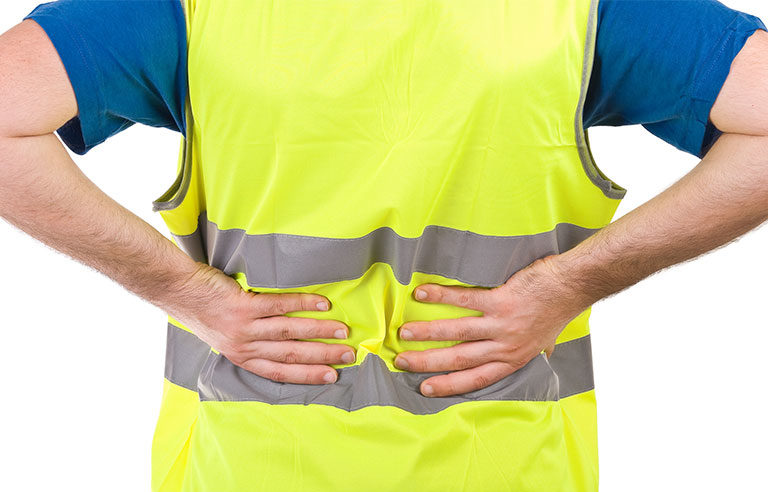138 million years? Researchers explore the human cost of MSDs

Melbourne, Australia — Musculoskeletal disorders cost people around the world nearly 140 million years lost to ill-health, disability or early death, results a recent study out of Australia and Iran indicate.
Researchers looked at MSD data from the Global Burden of Disease Study 2017, which covers 195 countries and territories. Included were rheumatoid arthritis, osteoarthritis, low back pain and neck pain, among other conditions.
The researchers identified 1.3 billion cases and 121,300 MSD-related deaths in 2017, along with 138.7 million “disability-adjusted life years.”
“Our study describes the enormous global burden of disability from musculoskeletal conditions in a single paper,” researcher Rachelle Buchbinder, a rheumatologist and clinical epidemiologist at Monash University and the Cabrini Institute in Australia, said in a Nov. 5 press release. “These conditions are under-recognized despite their enormous costs to individuals, the economy and the health system. Also, there has been a lack of any significant decline in the burden from these conditions over time, which means that there is still insufficient emphasis on addressing the problem.”
She added that governments and policymakers should have greater awareness of this issue, especially considering the increased number of aging people worldwide.
“A global response is needed, and this should be integrated with other strategies that can address some of the modifiable and important risk factors of musculoskeletal disorders, including obesity, poor nutrition, smoking and sedentary lifestyles,” Buchbinder said. “As well, there should be an emphasis on reducing low-value care for some of the most burdensome conditions such as low back pain and osteoarthritis that is contributing to the problem.”
The study was published online Nov. 4 in the journal Arthritis & Rheumatology.
Post a comment to this article
Safety+Health welcomes comments that promote respectful dialogue. Please stay on topic. Comments that contain personal attacks, profanity or abusive language – or those aggressively promoting products or services – will be removed. We reserve the right to determine which comments violate our comment policy. (Anonymous comments are welcome; merely skip the “name” field in the comment box. An email address is required but will not be included with your comment.)

